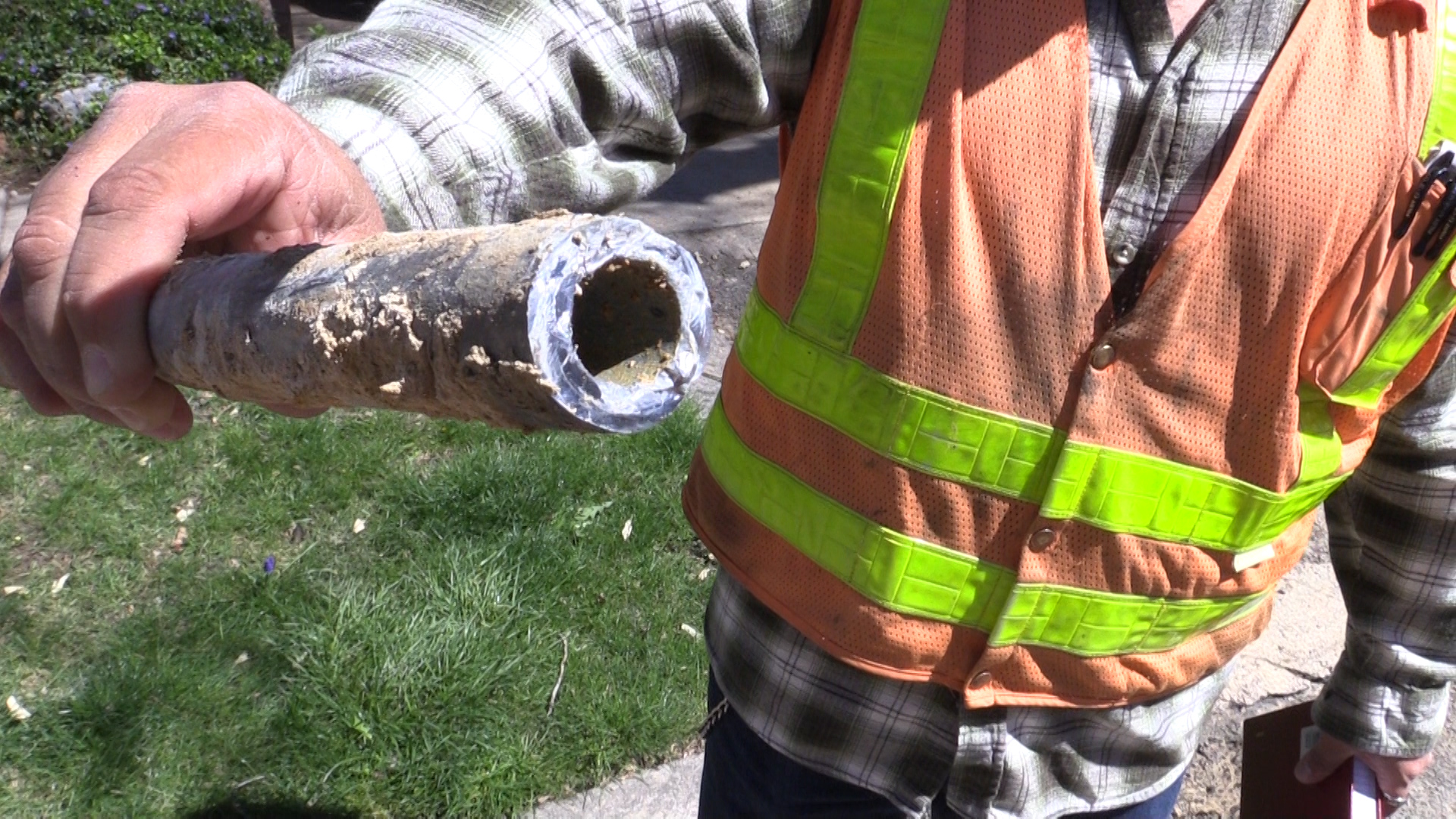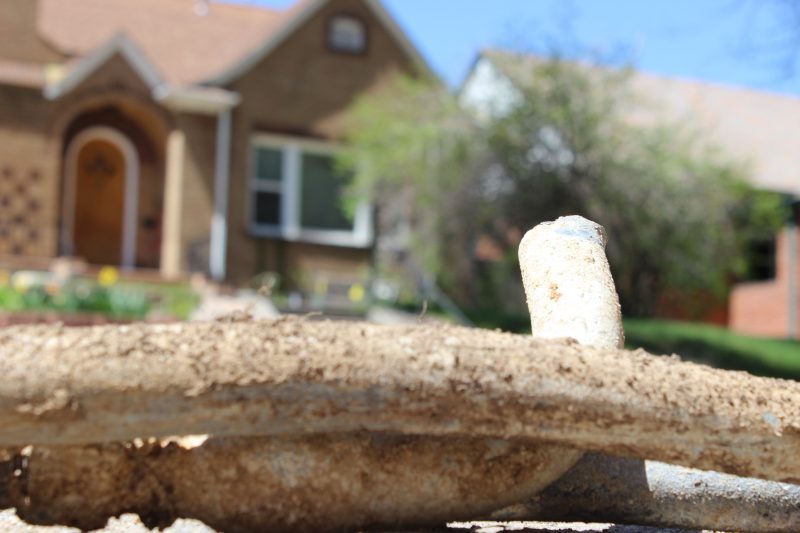
Buying? Renting? Have you checked for lead plumbing?
There’s a lot to think about when it comes to buying a home.
Does it have the right number of bedrooms? How big is the kitchen or backyard? What about the schools?
But, there’s one very important question that probably isn’t on your list and should be.
Does it have lead plumbing?
Lead is a naturally occurring metal that was used for many years in paints, plumbing and other products. The Environmental Protection Agency has determined that lead can cause health problems if it accumulates in a person's body over time.
There is no lead in the water that Denver Water delivers to homes and businesses. But it can enter the drinking water as the water passes through older customer service lines, which connect the house to Denver Water’s distribution pipes in the street, or lead plumbing inside the home.
So, when it comes to buying a home, how do you know if it has lead issues?
A Colorado real estate contract to buy and sell a home includes a list of things the seller must disclose about the home. The list includes factors like lead paint and if there’s a community association.
While lead plumbing is not specifically called out on the list of required disclosures, if the seller knows about lead plumbing, that should be disclosed as an “adverse material fact” as a potential environmental problem, real estate experts say.
But currently there’s no Colorado or federal regulation requiring homeowners to tell prospective buyers if the home has lead plumbing, according to a 2017 study by the Environmental Defense Fund.
Homebuyers and potential renters may want to be diligent in checking for lead in the plumbing of a home, as it is sometimes either unknown or overlooked by sellers or landlords in Colorado.
In our experience, homes and buildings most likely to have lead service lines are those built before 1951. Other potential sources of lead include copper pipes with lead solder and faucet parts.
The challenge is we don't know exactly when and where lead was used by plumbers and builders in our service area.
“As with all issues related to the condition of specific real estate, seller disclosure obligations and buyer investigation obligations are memorialized in the Colorado Real Estate Commission Contract to Buy and Sell,” according to a statement from the Colorado Association of Realtors.
“Generally, sellers have a duty to disclose known latent defects on the property and buyers have an obligation to investigate conditions about which they may have specific concerns. As it relates to water, the Colorado Real Estate Commission’s Seller’s Property Disclosure form requires a seller to disclose the source of any water as well as the existence of either galvanized pipe or polybutylene pipe currently existing in a residence. In addition, a seller is required to disclose the existence of ‘other environmental problems,’” the association said.
According to the association, "Because many sellers are unaware of the existence of lead pipes in the home, additional investigation regarding the presence of lead or other potentially harmful contaminants in a specific home should be diligently made by a buyer during their inspection period of the contract."
Homebuyers can work with their home inspector and consider testing the water at a prospective home if they have concerns about the potential for lead in the water.
Denver Water also has programs available to customers in our service area, including free testing kits.


